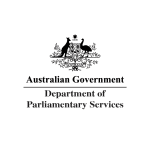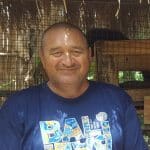“I just finished my Cultural Awareness training! That was so good! Really informative, easy to watch and packed with great information. Our staff are going to take so much from it. It really is a fantastic and massive step forward for us. A really good example of collaboration and working towards reconciliation.”
Countless options.
One innovative approach.
You and your team are invited to immerse yourselves in the Seven Steps for Practical Reconciliation™, our tried-and-tested framework for building confidence to work with Aboriginal and Torres Strait Islander communities. This innovative approach underpins all of our programs for a reason: it works.
Regardless of the format, duration or delivery method you choose, the benefits and content remain consistent – it’s just a matter of how deep you wish to go.













Recent Comments